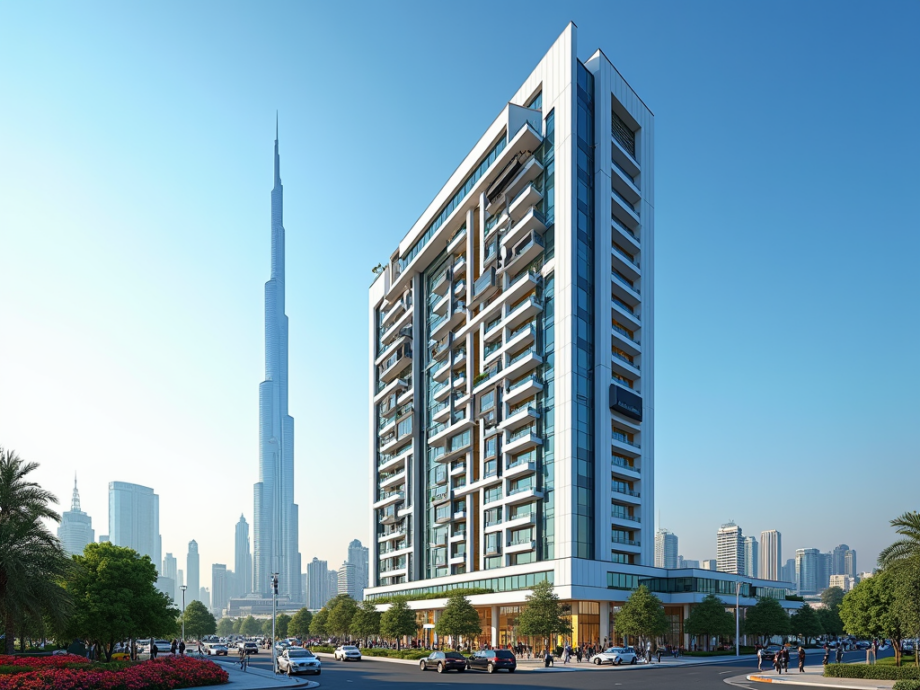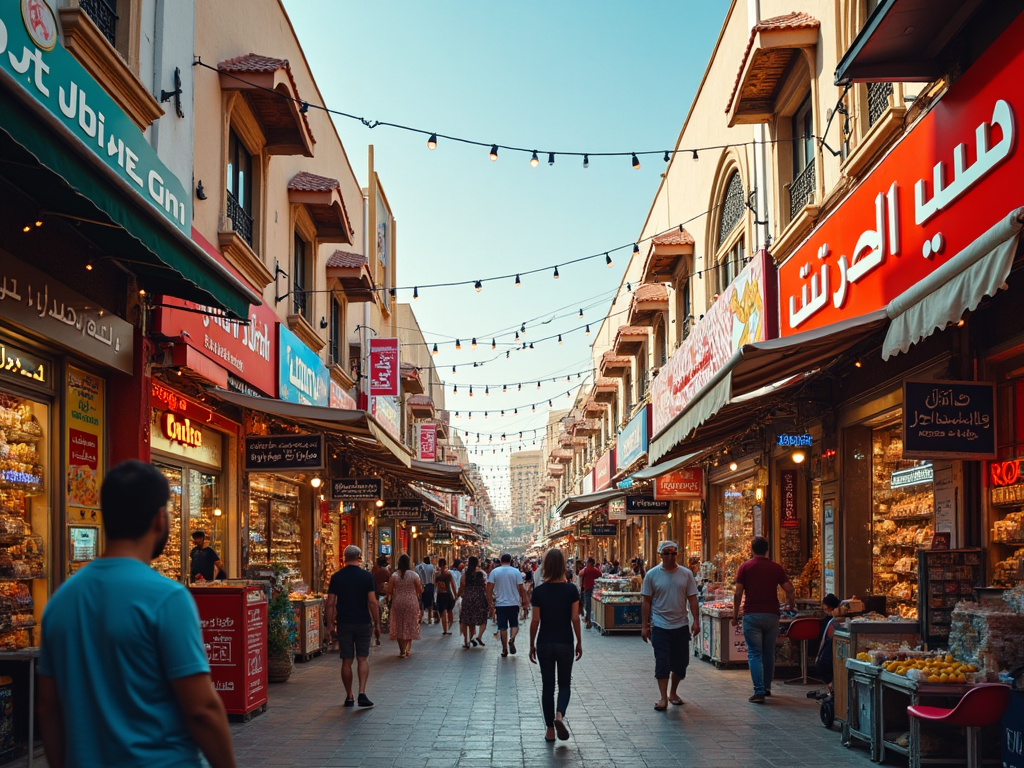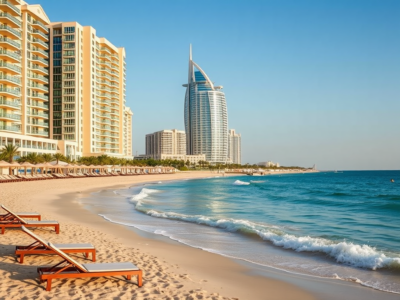Navigating Dubai’s real estate market as an expat can be both exciting and challenging. With its diverse neighborhoods, luxurious properties, and unique ownership laws, understanding the market is essential for a successful investment. This article aims to provide a comprehensive guide for expatriates looking to buy or rent property in Dubai. From understanding the local laws to finding the right neighborhood, we will cover key aspects to simplify your journey in Dubai’s vibrant real estate sector.
Understanding Dubai’s Real Estate Market

Dubai’s real estate market is dynamic and ever-evolving. As a global hub for business and tourism, it attracts millions of expatriates and investors. The first step for any expat is to familiarize themselves with the market’s basics, including property types, ownership laws, and rental structures. Unlike many markets around the world, Dubai offers freehold ownership, which allows foreign investors to purchase property in designated areas. Below are some critical points to consider:
- Freehold vs. Leasehold: Most expatriates can own property in freehold areas, while leasehold ownership typically lasts for 99 years.
- Property Types: Options range from apartments and villas to townhouses in various styles and price ranges.
- Market Trends: Keeping abreast of the current market trends can help make informed decisions about buying or renting.
Choosing the Right Neighborhood

Dubai boasts a myriad of neighborhoods, each offering unique vibes and amenities. When choosing where to live, consider factors like proximity to work, schools, transportation, and lifestyle preferences. Below are some popular neighborhoods among expats:
- Dubai Marina: Known for its beautiful waterfront views, it’s ideal for young professionals.
- Jumeirah Beach Residence (JBR): Offers a vibrant beach lifestyle with plenty of dining and entertainment options.
- Downtown Dubai: Home to the Burj Khalifa and entertainment hubs like Dubai Mall.
- Arabian Ranches: A family-friendly community with spacious villas and recreational facilities.
- Dubai Silicon Oasis: Great for tech professionals, featuring modern apartments and accessibility to tech hubs.
Engaging with Real Estate Agents
Working with a knowledgeable real estate agent can significantly enhance your property search. A reputable agent will understand the local market dynamics and can assist with negotiations, paperwork, and legalities. Here’s what to consider when engaging with real estate agents:
- Credentials: Ensure they have a valid license and experience dealing specifically with expatriates.
- Specialization: Look for agents who specialize in your area of interest to get tailored advice.
- Communication: Choose someone who communicates clearly and promptly responds to your queries.
Understanding legal frameworks is crucial for anyone looking to invest in Dubai’s real estate. The Dubai Land Department governs property transactions and ensures compliance with local laws. Here are some legal considerations:
- Documents Required: Typically, a copy of your passport, residence visa, and no-objection certificate from your employer if necessary.
- A Property Title Deed: Ensure that the seller provides a legitimate title deed before any transaction.
- Fees and Taxes: Be aware of transaction fees, which generally include a 4% property registration fee and additional service fees.
Conclusion
Navigating Dubai’s real estate market as an expat doesn’t have to be overwhelming. By understanding the local laws, choosing the right neighborhoods, and engaging with qualified agents, you can find the property that suits your needs perfectly. Taking these steps will ensure a smoother transition and a rewarding experience in one of the world’s most vibrant cities.
Frequently Asked Questions
- Do expats own property in Dubai?
Yes, expats can own property in designated freehold areas of Dubai. - What are the common fees involved in buying property?
Fees typically include a 4% registration fee, agency fees, and additional service charges. - Is it necessary to hire a real estate agent?
While not mandatory, hiring an agent can provide valuable insights and ease the buying or renting process. - How long can one lease a property in Dubai?
Leases can vary but commonly last for one year, with options for renewal. - What documents are required for buying property in Dubai?
Generally, you’ll need a passport, residence visa, and any necessary permits from your employer.




